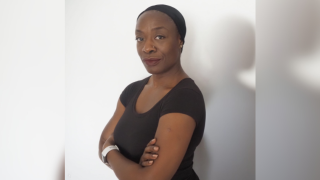The company says that the trials have been undertaken to enable more consumers in the Democratic Republic of the Congo (DRC) and Mozambique – which have largely rural communities and are near the bottom of the United Nations Human Development Index – to make mobile calls and to access data.
“We are pleased with trials of OpenRAN and are ready to fast track it into Europe as we seek to actively expand our vendor ecosystem,” said Nick Read (pictured), CEO, Vodafone Group. OpenRAN improves the network economics enabling us to reach more people in rural communities and that supports our goal to build digital societies in which no-one is left behind.”
The trial sites across the three countries will provide 2G, 3G and 4G services, with 5G possible over OpenRAN in the future. The company has already carried out lab trials of OpenRAN with Vodacom South Africa, and in Turkey has deployed the technology to deliver 2G and 4G services to customers in both urban and rural parts of the country.
Developing OpenRAN will enable Vodafone and the wider telecom industry to:
Introduce a wave of new 2G, 3G, 4G and 5G technology vendors, in addition to the existing market leaders, improving supply chain resilience;
Connect more of the world’s most rural communities to the internet using standardised, lower cost network equipment;
Enhance coverage in cities, e.g. using Vodafone’s Open CrowdCell small cell technology.
Vodafone has started working with a number of new vendors supplying OpenRAN technology including US companies, Parallel Wireless and Mavenir, and UK-based Lime Microsystems for Open CrowdCell.






